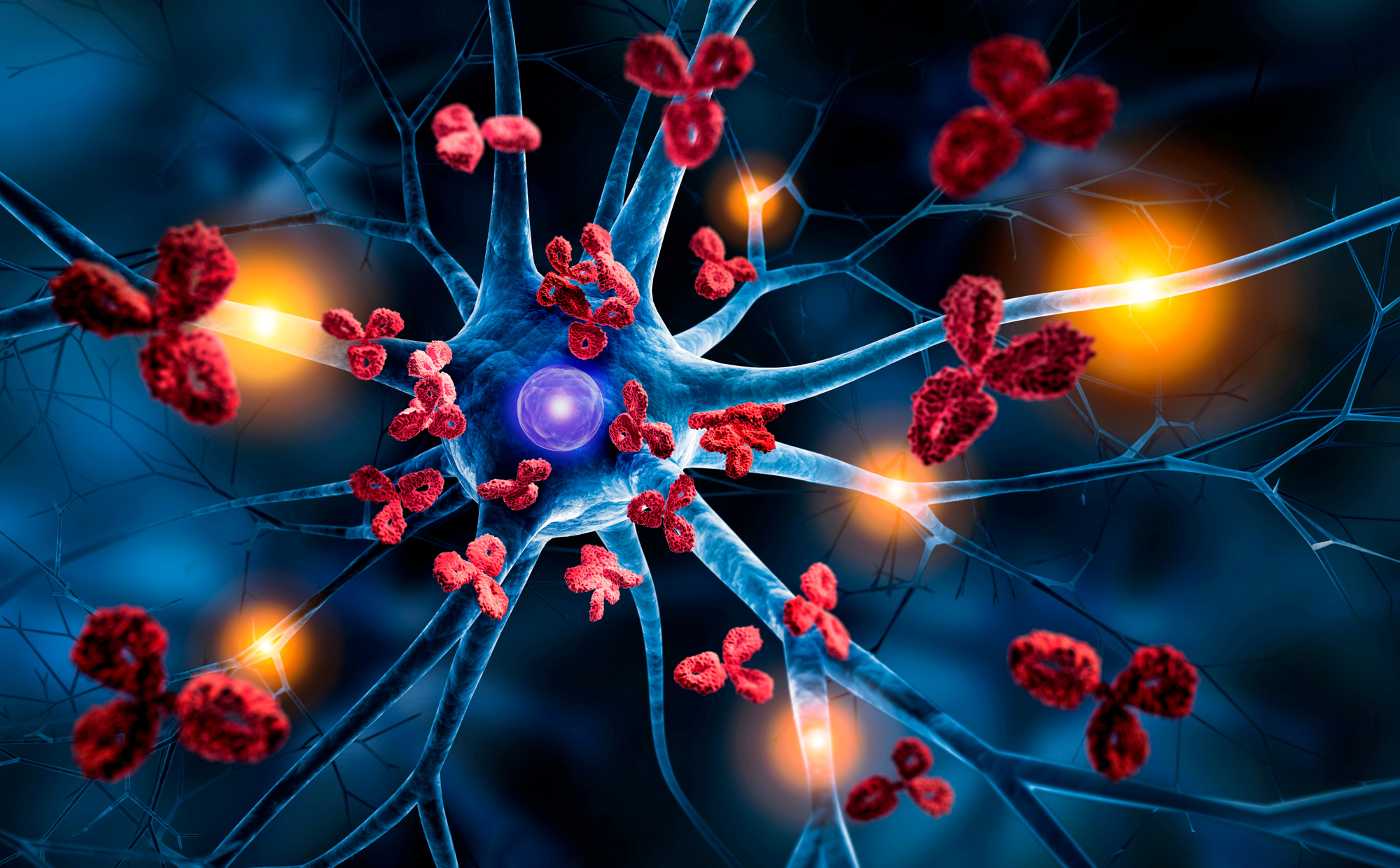Author: Lucy Piper
medwireNews: The use of autoantibody biomarkers could be a feasible way of identifying Sjögren’s syndrome (SS) in patients lacking the anti-Ro antibody without the need for a salivary gland lip biopsy, suggests a proof-of-concept study.
“Under the current criteria, diagnosis of SS may be hindered or delayed for those lacking anti-Ro/SS-A antibodies, owing in part to lack of access or lack of consent for the minor salivary gland biopsy procedure”, note the researchers led by Sherri Longobardi, from Oklahoma Medical Research Foundation in Oklahoma City, USA.
They tested plasma from 30 individuals meeting criteria for primary SS (15 were Ro negative) and 15 healthy controls on human proteome arrays displaying more than 19,500 proteins, as part of a discovery dataset.
The team identified 63 novel antigens in addition to canonical plasma Ro autoantibodies. Of these novel antigens, eight were identified in both groups of SS patients and the presence of antibodies to at least one of these eight identified 87% of the Ro-negative SS patients.
Validation testing using custom arrays displaying 74 proteins from the discovery dataset that were bound by at least four patients with SS, either Ro-positive or negative, or by three patients and enriched in the salivary gland was carried out on a larger group of 96 SS patients (50 Ro-negative) alongside 42 healthy controls and 54 individuals with other diseases.
This confirmed 11 antigens from the discovery dataset plus a twelfth antigen that were commonly recognized in patients with SS but not in the healthy controls or patients with other diseases. Of these, nine were commonly bound in the Ro-negative patients with SS, one in the Ro-positive group and two by both groups.
Using this panel of 12 antigens, Longobardi and colleagues were able to correctly identify 54% of Ro-negative patients and 37% of Ro-positive patients both with 100% specificity.
Meanwhile, machine learning carried out by the team identified 30 novel antigens, several of which were also commonly recognised in the discovery dataset, and when applied to two-thirds of the validation dataset for training and one-third for testing, distinguished Ro-negative patients from healthy controls and those with other diseases with a 79% accuracy.
Testing the applicability of the noncanonical antigens in an independent rheumatology practice cohort of 36 Ro-negative patients with SS showed serum antibodies bound to 17 of the 70 noncanonical antigens, compared with binding to only two of the antigens among 10 healthy controls. Of these antigens, nine were among those identified as predicting Ro-negative cases in the validation cohort, the researchers note.
On an individual basis, 50% of these Ro-negative patients had autoantibodies to at least one of the 17 noncanonical antigens, compared with 20% of healthy controls.
Reporting the findings in the Annals of the Rheumatic Diseases, Longobardi and colleagues note that apart from two, all the noncanonical antigens identified were “exclusively expressed intracellulary, suggesting that most of the discovered autoantibodies are unlikely to be directly involved in the disease pathogenesis and are probably exposed to the immune system through cellular death/tissue damage.”
They add that “[t]he most significantly enriched tissue in both SS groups was ‘leukaemia cell’, suggesting the interesting possibility that some of these responses, could arise through successful cancer cell immune surveillance, a phenomenon for which there is precedence in systemic sclerosis and myositis.”
The researchers conclude: “This study provides proof-of-concept for being able to use autoantibody biomarkers to recognise primary SS in [Ro-negative] individuals without a lip biopsy in the context of current classification criteria.”
News stories are provided by medwireNews, which is an independent medical news service provided by Springer Healthcare Ltd. © 2023 Springer Healthcare Ltd, part of the Springer Nature Group
This independent news story was supported by an educational grant from L’Institut Servier, Suresnes, France.
Image Credits: © peterschreiber.media / stock.adobe.com



